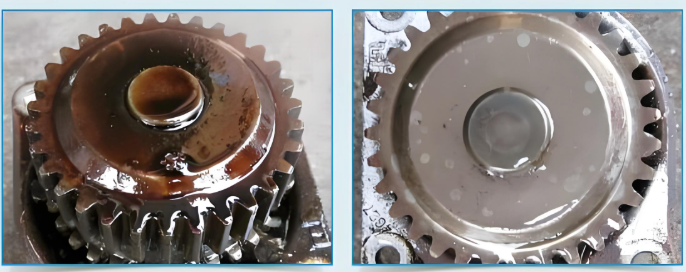Prolonged use of mechanical parts and equipment will inevitably lead to oil stains and contaminants adhering to the components. Oil stains on metal parts are typically a mixture of grease, dust, rust, and other residues, which are usually difficult to dilute or dissolve in water. To ensure efficient operation of the equipment and maintain the machining precision of mechanical parts, professional metal degreasers must be used. So, how can we clean these parts efficiently, safely, economically, and conveniently?
1. Selection based on the metal surface contaminants to be cleaned:
Cleaning methods and solvents differ between mechanical parts and large-scale metal equipment. Generally, solvent-based metal cleaners are used for parts, while water-based cleaners are preferred for large equipment.
2. How to choose between water-based and solvent-based metal cleaners:
If the metal workpiece requires fast evaporation and rust prevention, a solvent-based cleaner is advisable. For cost savings, a water-based cleaner can be diluted before use.
3. Cleaning processes:
For ultrasonic or spray cleaning, low-foam ultrasonic cleaners are ideal. Electrolytic cleaning requires specialized electrolytic cleaners, while manual scrubbing or steam cleaning works best with solvent-based cleaners.
4. Is rust prevention always necessary for metal cleaners?
Except for long-operating equipment and precision components, most devices don’t require rust-proofing. Thus, many companies opt for cost-effective, water-based cleaners without rust prevention.
5. Integrating solvent-based cleaners into production workflows:
If rust prevention is inadequate, adding a rinse tank with a rust inhibitor can achieve the desired effect. The inhibitor;s minimal usage won’t significantly increase costs."
With rapid industrialization, user demands for metal parts have grown. As machining becomes more mechanized, maintenance standards rise. Removing contaminants from metal components is a top priority for manufacturers, ensuring proper post-processing (e.g., welding, painting) by eliminating oil interference.

Post time: Aug-21-2025

